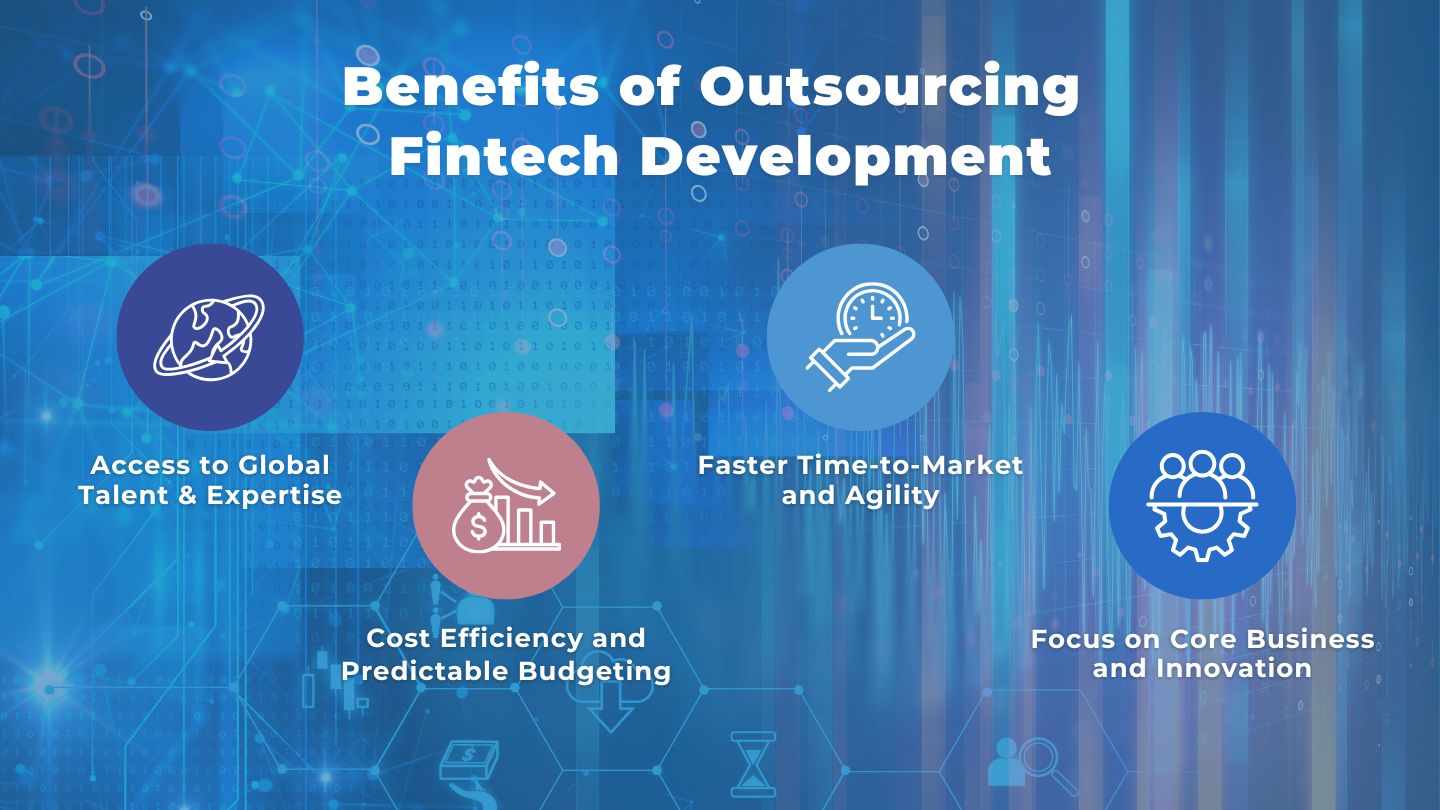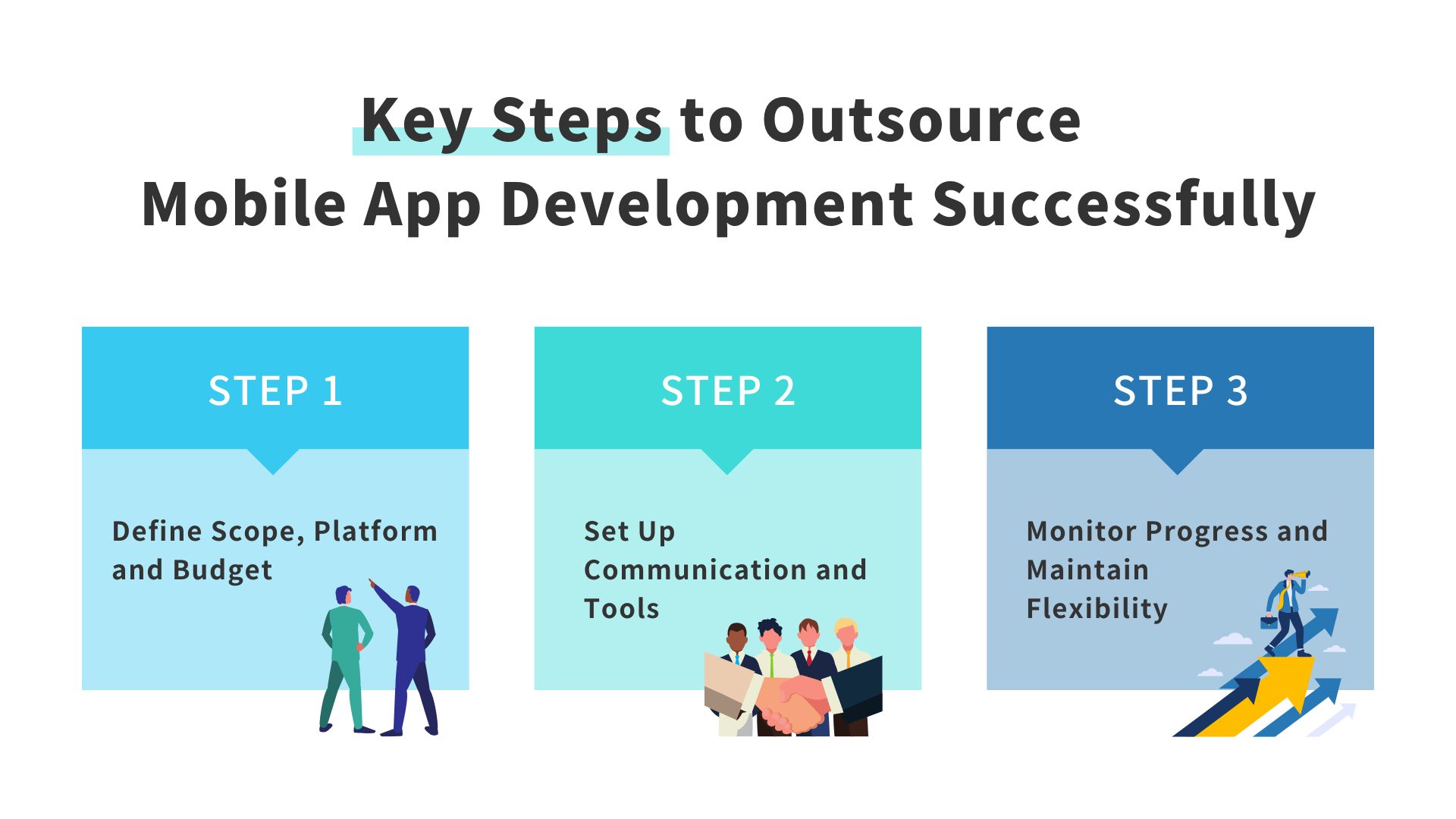December 29, 2025
Healthcare IT Outsourcing: A Complete Guide for Medical Software Development
Healthcare IT outsourcing has become a strategic approach for hospitals, clinics, and healthcare technology providers aiming to modernize systems, enhance patient care, and optimize operational costs.
As the global healthcare IT outsourcing market has continued to grow in 2025, more organizations are partnering with specialized software development companies to accelerate innovation, ensure compliance, and strengthen data security.
In this guide, we’ll explore the key areas driving the rise of healthcare IT outsourcing, including electronic health record (EHR) systems, telemedicine solutions, and medical data management.
You’ll also learn how ISB Vietnam (IVC) leverages its strong expertise in secure software development to support the healthcare industry’s evolving digital needs.
Ready to build your next-generation medical software?
Let’s collaborate to develop secure, compliant, and high-performance medical systems tailored to your needs.Contact IVC for a Free Consultation
What Is Healthcare IT Outsourcing?

Healthcare IT outsourcing refers to delegating healthcare-related IT functions to external service providers.
These services typically include software development, data management, digital infrastructure, and ongoing IT support designed for healthcare environments.
Unlike general IT outsourcing, it requires specialized expertise in clinical systems, strict security controls, and compliance with healthcare data privacy regulations.
According to Vantage Market Research, the global healthcare IT outsourcing market is projected to reach approximately USD 92.2 billion by 2035, driven by escalating operational costs and the growing requirement to streamline internal operations and improve financial liquidity.
At the same time, growth is limited by concerns over patient data security and privacy, as well as operational risks like vendor dependency and weaker internal controls.
Outsourcing, however, is expected to help mitigate many of these challenges.
Why Healthcare Organizations Outsource IT Services

Healthcare organizations outsource IT to reduce cost and improve budget efficiency. Outsourcing also provides access to specialized digital expertise in areas such as cloud systems, EHR platforms, and AI-driven healthcare solutions.
Security and compliance are major drivers as well, with experienced outsourcing providers helping healthcare organizations meet regulatory requirements while maintaining secure patient data systems. This allows internal teams to focus more on core care delivery.
Market Insights: The Growth of Healthcare IT Outsourcing
According to Vantage Market Research, the global healthcare IT outsourcing market is projected to grow steadily at a compound annual growth rate of around 6.1% from 2025 to 2035. The market is expected to reach about USD 92.2 billion by 2035. (※)
Regionally, North America leads the healthcare IT outsourcing market, supported by advanced infrastructure and strong demand for secure, compliant IT services. Asia-Pacific is expected to grow the fastest, fueled by rising healthcare investments and greater adoption of outsourcing. Europe is also growing steadily as providers implement digital health systems and meet regulatory requirements.
From a technology standpoint, most investments are focused on EHR management, cloud-based infrastructure, and automation technologies such as robotic process automation (RPA). These solutions allow healthcare organizations to enhance data management, streamline operations, and support scalable digital transformation initiatives.
Key Areas of Healthcare IT Outsourcing

Commonly outsourced areas in healthcare IT include the implementation and maintenance of electronic health record (EHR) systems, telemedicine solutions, healthcare data analytics, billing and revenue cycle management, as well as IT infrastructure and cloud migration, all of which contribute to improved patient safety, reduced workload and greater efficiency for healthcare professionals, and the overall optimization and quality improvement of healthcare services.
The next section explores how medical software development outsourcing is applied across key healthcare IT areas.
Medical Software Development Outsourcing
Medical software development outsourcing allows healthcare providers and medical device companies to build advanced digital systems while keeping internal teams focused on core operations. Medical software projects often require specialized medical knowledge, strict regulatory compliance, and seamless integration with existing hospital and device systems, making outsourcing a practical choice.
Commonly outsourced medical software development projects include the following types of systems.
◾️ Ultrasound System Development
Ultrasound system development outsourcing typically involves image processing, embedded software development, and user interface design for medical imaging devices. External development partners support manufacturers by improving image clarity, system responsiveness, and usability for clinical environments.
These systems require real time data processing and high precision graphics handling to ensure accurate diagnosis. In addition, compatibility with hospital information systems and other medical devices is essential, making compliance with international medical imaging standards such as DICOM a key requirement.
◾️ Clinical Decision Support System (CDSS)
Clinical Decision Support System (CDSS) outsourcing focuses on developing software that assists doctors in making accurate and timely clinical decisions based on patient data and medical guidelines. These systems analyze large volumes of medical information and provide decision support during diagnosis, treatment planning, and patient care.
Because CDSS solutions handle sensitive patient data and must deliver reliable results in real clinical settings, outsourcing partners are often responsible for data analysis logic, system performance optimization, and security measures that meet healthcare regulations.
◾️ Patient Monitoring and Alert Systems
Patient monitoring and alert systems continuously track vital signs and notify medical staff when abnormalities are detected. Outsourced development typically includes real time data processing, alert logic design, and system reliability engineering.
These systems must operate with low latency and high fault tolerance to ensure patient safety. Development partners play a critical role in building stable architectures that maintain continuous monitoring while integrating smoothly with hospital networks and medical devices.
Benefits and Challenges of Healthcare IT Outsourcing

Healthcare IT outsourcing offers significant advantages, including improved efficiency and access to specialized expertise, but it also requires careful management to address potential risks and challenges.
Benefits
Key benefits include cost reduction, improved operational efficiency, scalability, access to specialized talent, and continuous system monitoring with strong data protection. Outsourcing helps healthcare organizations lower development and maintenance costs while improving efficiency by shifting IT operations to experienced providers.
Additionally, the operating models that firms such as IVC use ensures quick and seamless scaling of systems & teams, and provides fast and reliable access to specialists with specific healthcare sector experience & domain knowledge.
Challenges
Whilst many IT Outsourcing partnerships create tremendous value for healthcare companies, undertaking due diligence is vital. Challenges can exist in communication, time-zone differences that aren't accounted for, data security and oversight.
IVC addresses these challenges through standardized processes, strong governance, and proactive risk management.
How to Choose the Right IT Outsourcing Partner

Selecting the right healthcare IT outsourcing partner is critical. Organizations should evaluate a provider’s healthcare industry experience and technical expertise. Security certifications such as ISO and CMMI are strong indicators of quality and compliance.
Cultural compatibility and language support, including English and Japanese communication capabilities, help ensure smooth collaboration. Effective project management, transparent communication, and flexible engagement models are also essential for long-term success.
Why Choose ISB Vietnam (IVC)?

ISB Vietnam (IVC) is a trusted healthcare IT outsourcing provider with a strong focus on security, quality, and operational efficiency. The company follows Japanese-quality standards while offering cost-effective development solutions.
IVC provides full-cycle development services, from initial planning to long-term system support. Its expertise spans AI integration, cloud systems, API development, and scalable digital healthcare platforms. With bilingual support teams, IVC ensures clear communication and reliable project execution for global clients.
Ready to build your next-generation medical software?
Let’s collaborate to develop secure, compliant, and high-performance medical systems tailored to your needs.Contact IVC for a Free Consultation
Conclusion

Healthcare IT outsourcing has become an essential strategy for healthcare organizations seeking to modernize systems, strengthen data security, and enhance patient care. As digital health technologies such as AI, cloud platforms, and remote monitoring systems evolve, outsourcing enables organizations to adopt innovation efficiently without excessive internal burden.
However, choosing the right partner is crucial. A reliable outsourcing provider must understand healthcare regulations, deliver secure and scalable systems, and align with real-world operational needs.
ISB Vietnam (IVC) offers proven healthcare IT outsourcing solutions that help organizations achieve digital transformation with confidence. As a reliable long-term partner, IVC supports healthcare technology goals and helps build future-ready healthcare systems. Contact IVC today to learn how we can collaborate on your digital transformation journey.
Ready to build your next-generation medical software?
Let’s collaborate to develop secure, compliant, and high-performance medical systems tailored to your needs.Contact IVC for a Free Consultation
Reference
Data and insights in this article are based on the following sources:
- Vantage Market Research (2025). Healthcare IT Outsourcing Market Size, Share, and Growth Forecast 2025–2035.
- Vantage Market Research (2022). Healthcare IT Outsourcing Market – Global Trends by Region and Technology.
External image links
- All images featured in this article are provided by Unsplash, a platform for freely usable images.





















































